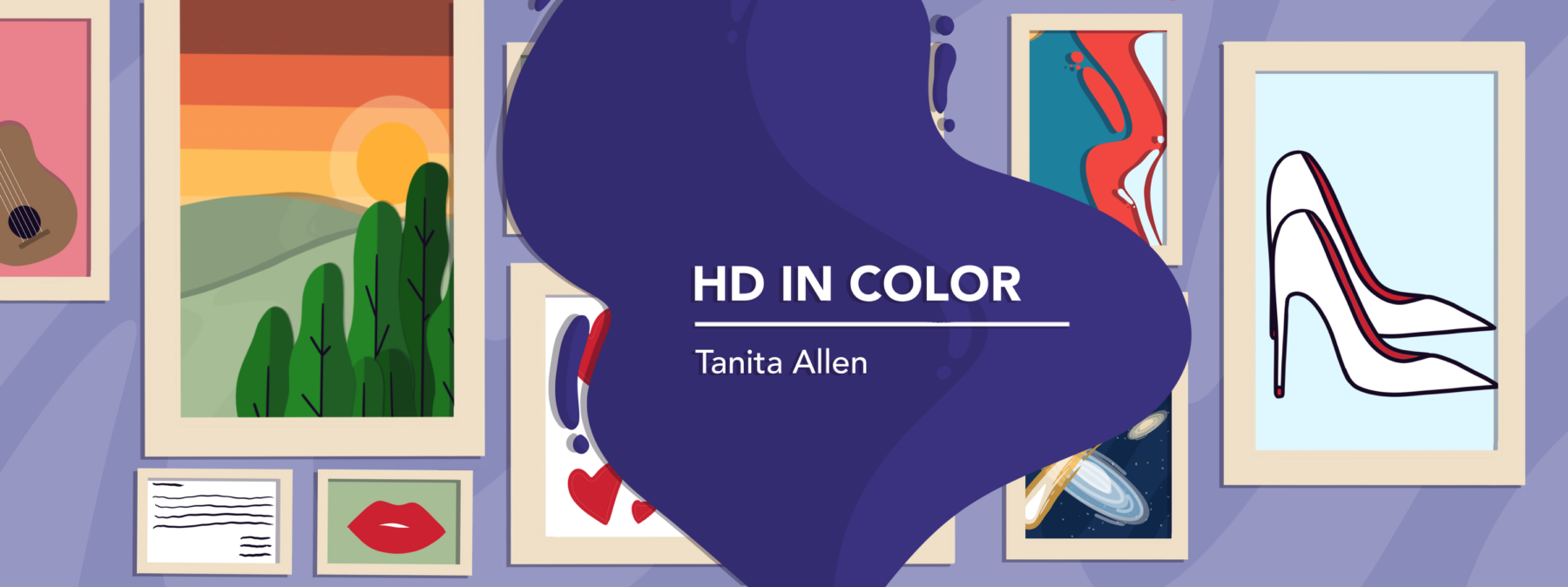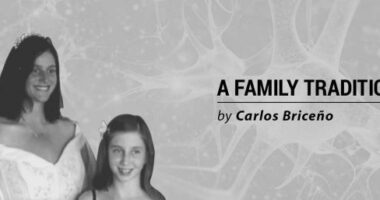Friendships change with Huntington’s, for better and worse
While I've lost some relationships, the ones I have are stronger and more true

Huntington’s disease has transformed nearly every part of my life: my body, my emotions, my routines. But one of the most profound changes has been in how I show up as a friend, and how friendship shows up for me. Huntington’s has a way of filtering out relationships. It reveals who’s truly in your corner while reshaping your understanding of connection, loyalty, and love.
Before I was symptomatic, my social life was full. I was always out with friends, laughing, planning get-togethers, making memories. I loved people and rarely turned down an invitation. But as my symptoms crept in, social settings became harder. I was afraid of being seen while symptomatic, of being misunderstood or pitied. I started canceling plans — not because I didn’t care, but because I was trying to manage my energy and symptoms.
It didn’t take long to see who would stick around.
Today, I keep a small circle: a few trusted friends who have stood by me for years, through every fall, hospitalization, and bout of depression. They never asked me to “act normal” or made me feel like a burden. They just stayed.
I used to grieve the friendships I’d lost. Some faded slowly; others disappeared abruptly after I told them about my diagnosis. More than once, someone looked me in the eye and said, “You don’t look sick,” as if that erased the truth. There were those who didn’t know what to say, so they said nothing. And those who quietly exited my life when they realized Huntington’s wasn’t something I’d get over.
That hurt. I wondered what I’d done wrong. I replayed conversations in my head and beat myself up for being “too much.” But over time, I realized that Huntington’s didn’t ruin those friendships; it revealed them. The people who left weren’t equipped to love someone with a progressive illness. And honestly, I’m glad I learned that early. It made room for friendships that are real, honest, and unconditional.
How I’ve been transformed
Huntington’s disease changed how I show up for others, too. I’m more empathetic now. I don’t assume I know what someone’s going through. I listen more. I ask deeper questions. I understand that sometimes silence is support. I’ve learned the power of simply showing up and staying. I know what it’s like to feel abandoned in pain, so I try to make sure no one in my life feels that way if I can help it.
Huntington’s has also taught me to be intentional. My energy is limited, so I pour it into people who matter. I don’t chase surface friendships or try to please everyone. I’ve let go of the pressure to be the fun or easy friend. I now offer something else: presence, depth, and loyalty. I’m someone who remembers the hard days and shows up without needing a spotlight.
The friends I have now understand that my schedule might change without notice. They don’t make me explain myself. They adapt with me. They make space for my truth and celebrate every little victory with me. I may not have dozens of friends, but the ones I do have love me in a way that feels like home.
Friendship with Huntington’s is not one-sided. It requires communication, honesty, and grace on both ends. I’ve learned to be open about my limits and to ask for help when I need it. That used to feel like weakness. Now I see it as trust.
There’s something sacred about having friends who know the full picture, who see the hard days, the tears, the appointments, and still choose to stay. These relationships aren’t built on shared hobbies or convenience. They’re built on shared humanity.
Living with Huntington’s has given me a different sense of time. I don’t take my friendships for granted. Every call, every laugh, every quiet moment matters more. I tell my friends I love them often. I write notes, send texts, and say thank you — not because I expect things to get worse, but because I know how precious it is to have people who stay.
So yes, Huntington’s disease has absolutely transformed me as a friend, for better and for worse. I’ve lost people I thought I’d have forever. But I’ve gained a deeper understanding of love, loyalty, and connection. I’ve learned that friendship isn’t about how many people show up; it’s about who stays when life stops being easy.
The version of me that Huntington’s has shaped is someone who cherishes presence over performance, realness over routine. I’ve become a friend who’s softer, wiser, and stronger than I ever imagined. And the friends who’ve walked this road with me? I carry them with me every step of the way.
Note: Huntington’s Disease News is strictly a news and information website about the disease. It does not provide medical advice, diagnosis, or treatment. This content is not intended to be a substitute for professional medical advice, diagnosis, or treatment. Always seek the advice of your physician or other qualified health provider with any questions you may have regarding a medical condition. Never disregard professional medical advice or delay in seeking it because of something you have read on this website. The opinions expressed in this column are not those of Huntington’s Disease News or its parent company, Bionews, and are intended to spark discussion about issues pertaining to Huntington’s disease.








Leave a comment
Fill in the required fields to post. Your email address will not be published.